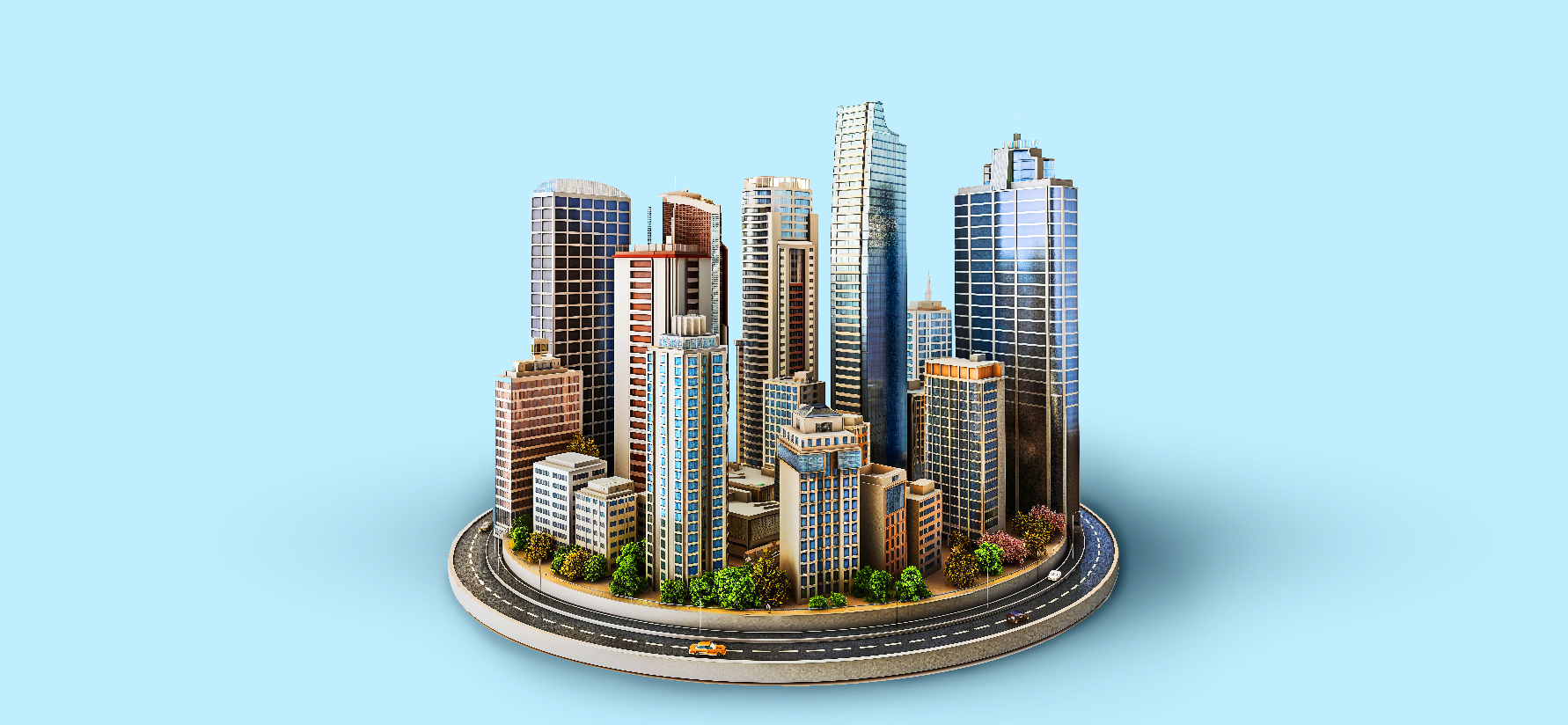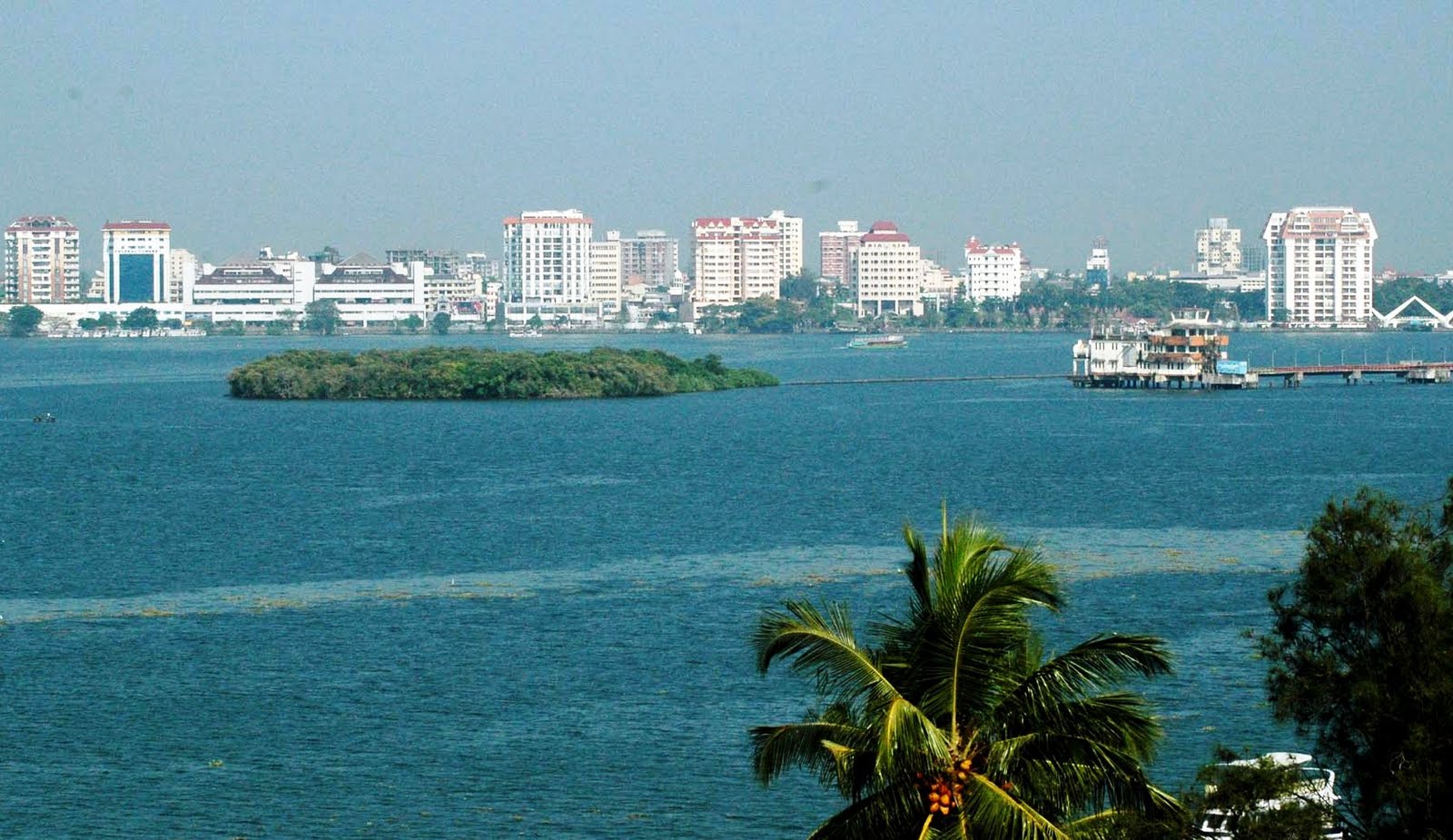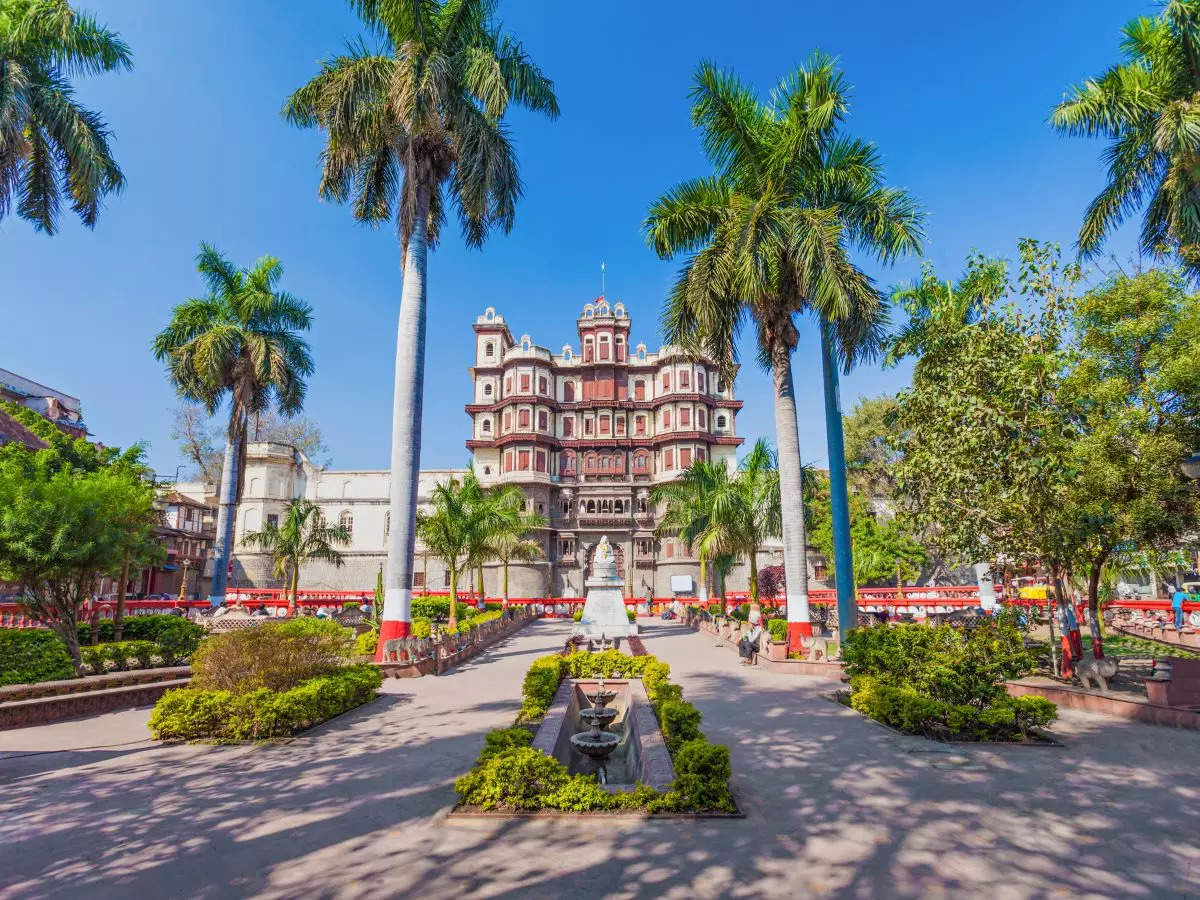Real estate investment has long been a lucrative option for both individual and institutional investors, especially in tier 1 cities like New York, London, or Mumbai. However, a new trend is emerging as commerce real estate in tier 2 cities offers a unique opportunity for growth, especially in developing economies. Tier 2 cities, often characterised by growing infrastructure, expanding job markets, and increasing urbanisation, are becoming the new frontier for commerce real estate investment.

In this article, we’ll explore why investing in commercial real estate in tier 2 cities makes sense today, the potential benefits, and key factors to consider before jumping in.
Why Tier 2 Cities?
Tier 2 cities are often defined as smaller or mid-sized cities that are not primary financial or political hubs, but have a substantial economic base and are rapidly developing. Cities like Pune, Jaipur, Coimbatore in India, Birmingham in the UK, or Austin in the US exemplify this category. Here are some reasons why these cities are becoming attractive for commercial real estate investments:
1. Lower Entry Barriers
One of the most significant advantages of tier 2 cities is the lower cost of entry. Commercial real estate in tier 1 cities tends to be expensive due to high demand and limited supply, creating a financial barrier for many investors. In contrast, tier 2 cities offer more affordable property prices with considerable room for appreciation, allowing investors to enter the market without needing enormous capital upfront.
2. Government Incentives and Infrastructure Development
Many governments recognize the potential of tier 2 cities and are investing heavily in infrastructure and urban development. Whether it’s the construction of new airports, the expansion of metro lines, or improvements in digital connectivity, such infrastructure boosts the attractiveness of tier 2 cities for businesses and investors alike.
In India, for instance, the government’s “Smart Cities Mission” has earmarked funds to develop infrastructure and modernise cities, many of which are tier 2 cities. This push toward smart cities creates a conducive environment for commercial investments.
3. Booming Middle-Class Population
Tier 2 cities often serve as hubs for expanding middle-class populations. As the middle class grows, so do disposable incomes, consumer spending, and demand for better retail, entertainment, and office spaces. This demographic shift is vital for the success of commercial real estate investments, as businesses want to be where their customers are.
4. Rise of Startups and Businesses
Tier 2 cities are becoming hotspots for startups and small-to-medium enterprises (SMEs). The cost of doing business in tier 2 cities is considerably lower compared to tier 1, with cheaper office space, lower operational costs, and a relatively untapped talent pool. These conditions create an increasing demand for commercial real estate such as office spaces, co-working spaces, and retail outlets, providing consistent returns for investors.
Benefits of Investing in Commercial Real Estate in Tier 2 Cities
1. Higher ROI Potential
While tier 1 cities often provide stable returns, the potential for high ROI in tier 2 cities is much greater due to lower property prices and rapidly growing demand. As the city develops, commercial properties can appreciate in value, delivering higher returns over time. Additionally, commercial leases in these cities can generate long-term, stable income.
2. Diversification of Portfolio
For investors already established in tier 1 markets, entering tier 2 cities can be an effective way to diversify their portfolios. Diversification is critical to mitigating risks, and tier 2 cities provide the opportunity to spread investments across different geographic areas and economic zones. This strategy can balance risk while also tapping into the growth potential of emerging urban centres.
3. Reduced Competition
Investing in tier 2 cities often means facing less competition from other developers and investors, which can be a huge advantage. Since the market is not as saturated as in larger cities, investors can negotiate better deals, obtain properties at competitive prices, and even set more favourable terms with tenants.
4. Pro-business Policies
Governments and municipalities in tier 2 cities are usually eager to attract new businesses and investments. To achieve this, they offer incentives like tax breaks, subsidies, and streamlined regulatory processes. These pro-business policies can significantly lower the costs of development and ongoing management of commercial real estate projects.
Challenges and Considerations
1. Market Volatility
While the promise of high returns is attractive, it’s essential to be mindful of the volatility that tier 2 city markets can present. These markets are more susceptible to economic slowdowns or regional downturns, making it crucial for investors to conduct in-depth market research before investing.
2. Infrastructure Delays
Though infrastructure development is booming in tier 2 cities, delays are common, and they can impact the return on your investment. If key infrastructural developments such as transport links or civic amenities face setbacks, the overall commercial appeal of the area might diminish temporarily, affecting rental demand and property value appreciation.
3. Tenant Quality
In tier 2 cities, the tenant pool might not be as high-profile or financially stable as in tier 1 markets. Investors may face challenges in attracting premium tenants, especially in the early phases of city development. Therefore, choosing the right location and property type is critical to securing stable tenants and ensuring a continuous income stream.

Key Strategies for Investing in Commercial Real Estate in Tier 2 Cities
Focus on Location: Even within a tier 2 city, the importance of location cannot be overstated. Look for areas with well-established infrastructure, proximity to transportation hubs, and growing business activity. These are indicators of long-term value and steady rental demand.
Partner with Local Developers: Local developers often have a better understanding of the market and can help navigate regulatory issues and identify the most promising opportunities. By forming partnerships, you can leverage local expertise to maximise returns.
Opt for Mixed-Use Developments: Mixed-use commercial spaces that combine retail, office, and residential properties can provide diversified income streams and minimise risk. These types of developments are increasingly popular in tier 2 cities as they offer convenience for tenants and consumers alike.
Stay Updated on Policy Changes: Keep an eye on government policies related to urban development and commercial real estate. Changes in zoning laws, tax policies, or investment incentives can significantly affect your investment returns.
Here’s a list of the top 10 tier 2 cities in India that are prime for real estate investment, particularly in the commercial sector:
1. Pune, Maharashtra
Why invest: Pune has evolved into a major IT, education, and automobile hub, attracting corporate offices, startups, and educational institutions. Its proximity to Mumbai further enhances its appeal.
Key sectors: IT parks, co-working spaces, and retail centers.

2. Coimbatore, Tamil Nadu
Why invest: Known as the "Manchester of South India," Coimbatore has a booming textile, engineering, and IT industry. Its growing infrastructure and connectivity with other key cities make it a strong investment destination.
Key sectors: Manufacturing, IT parks, retail, and warehousing.
3. Jaipur, Rajasthan
Why invest: Jaipur’s strategic location in the Delhi-Mumbai Industrial Corridor (DMIC) and its reputation as a tourism and handicrafts hub make it attractive for commercial real estate.
Key sectors: Retail, hospitality, tourism, and IT.
4. Lucknow, Uttar Pradesh
Why invest: As the capital of Uttar Pradesh, Lucknow is seeing rapid urbanization and infrastructure development. The city is witnessing a real estate boom, especially in commercial spaces for IT and retail.
Key sectors: IT, retail, and office spaces.
5. Indore, Madhya Pradesh
Why invest: Known for its growing IT, education, and manufacturing sectors, Indore is attracting significant investment due to its business-friendly policies and smart city initiatives.
Key sectors: IT parks, educational institutions, and industrial hubs.
6. Kochi, Kerala
Why invest: Kochi is a growing financial, IT, and trade hub. With an international port, IT parks, and the presence of several large companies, it is seeing increasing demand for commercial properties.
Key sectors: IT, retail, and logistics.

7. Chandigarh
Why invest: A well-planned city with excellent infrastructure, Chandigarh is a growing hub for the IT and education sectors. It also attracts significant tourism and retail investments due to its clean and organized structure.
Key sectors: IT, hospitality, and retail.

8. Vadodara, Gujarat
Why invest: Vadodara has a strong industrial base, particularly in chemicals, pharmaceuticals, and petrochemicals. The city is also witnessing rapid development in IT and educational sectors.
Key sectors: Industrial parks, IT, and education.
9. Visakhapatnam, Andhra Pradesh
Why invest: Visakhapatnam, with its port, IT industry, and tourism, is quickly emerging as a real estate hotspot. The government is also investing heavily in making the city a smart city.
Key sectors: IT, logistics, and tourism.
10. Mysore, Karnataka
Why invest: Known for its quality of life, Mysore is growing as an IT hub, particularly as companies look for affordable alternatives to Bengaluru. The city also benefits from tourism and manufacturing.
Key sectors: IT, tourism, and industrial parks.
![MYSURU [MYSORE] DASARA 2024 - ALL INFORMATION - MYSURU - All about Mysore](https://bxmysuru.com/wp-content/uploads/2024/08/MYSURU-DASARA-2024.webp)
These cities offer promising opportunities for investors, with a mix of established industries and growing sectors such as IT, manufacturing, and tourism. With government-backed infrastructure projects and increasing demand for commercial spaces, they present a viable alternative to more expensive tier 1 cities.
Conclusion
Investing in commercial real estate in tier 2 cities is becoming an increasingly viable and attractive option for savvy investors looking for high growth potential at a lower cost of entry. These cities are evolving rapidly, fueled by infrastructure development, growing middle-class populations, and a rising entrepreneurial spirit. While challenges such as market volatility and tenant quality exist, the potential benefits in terms of high ROI, portfolio diversification, and reduced competition make this a worthwhile investment avenue.
For investors willing to conduct thorough research and take calculated risks, tier 2 cities offer a promising and emerging market for commercial real estate investment.


